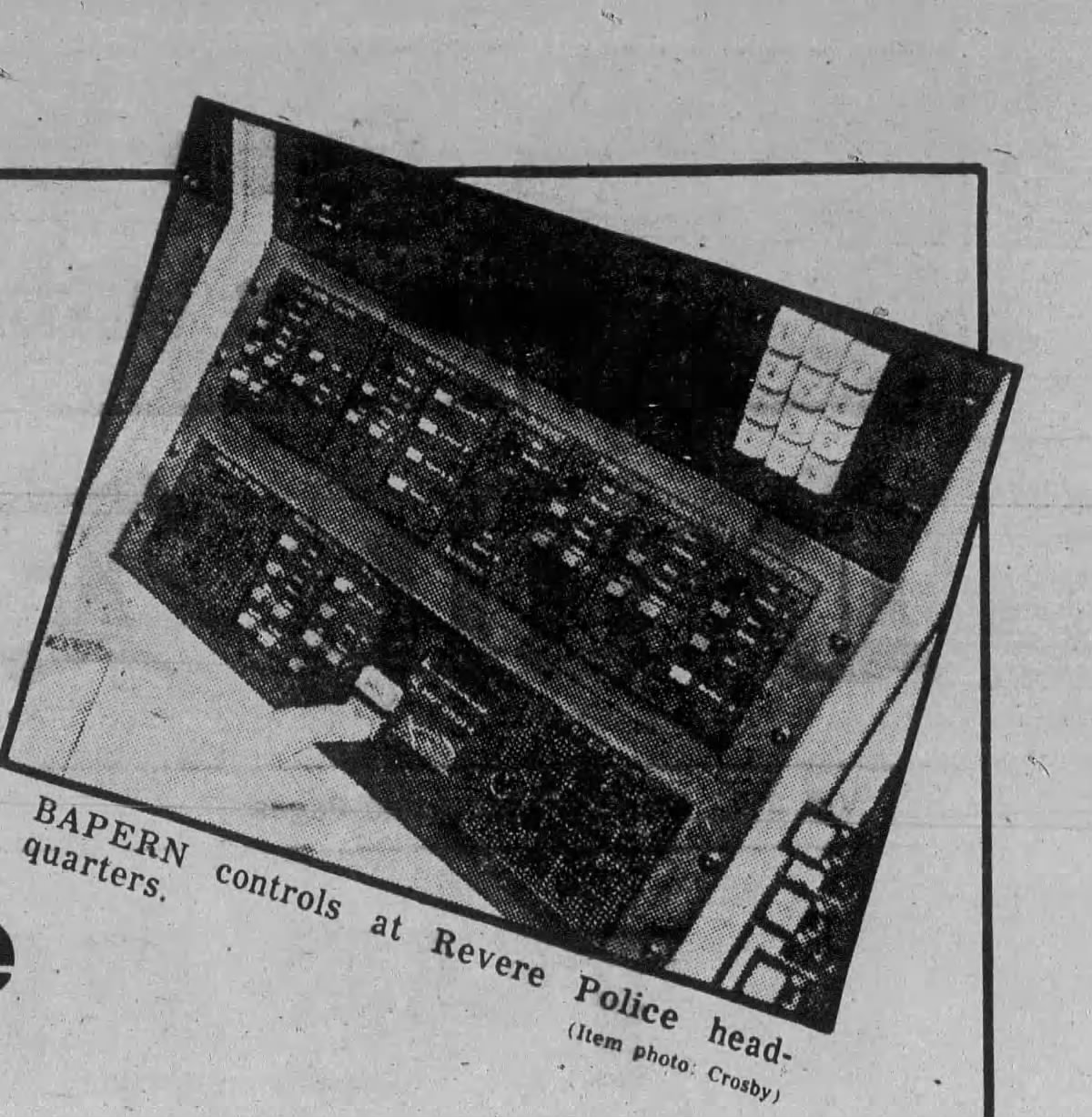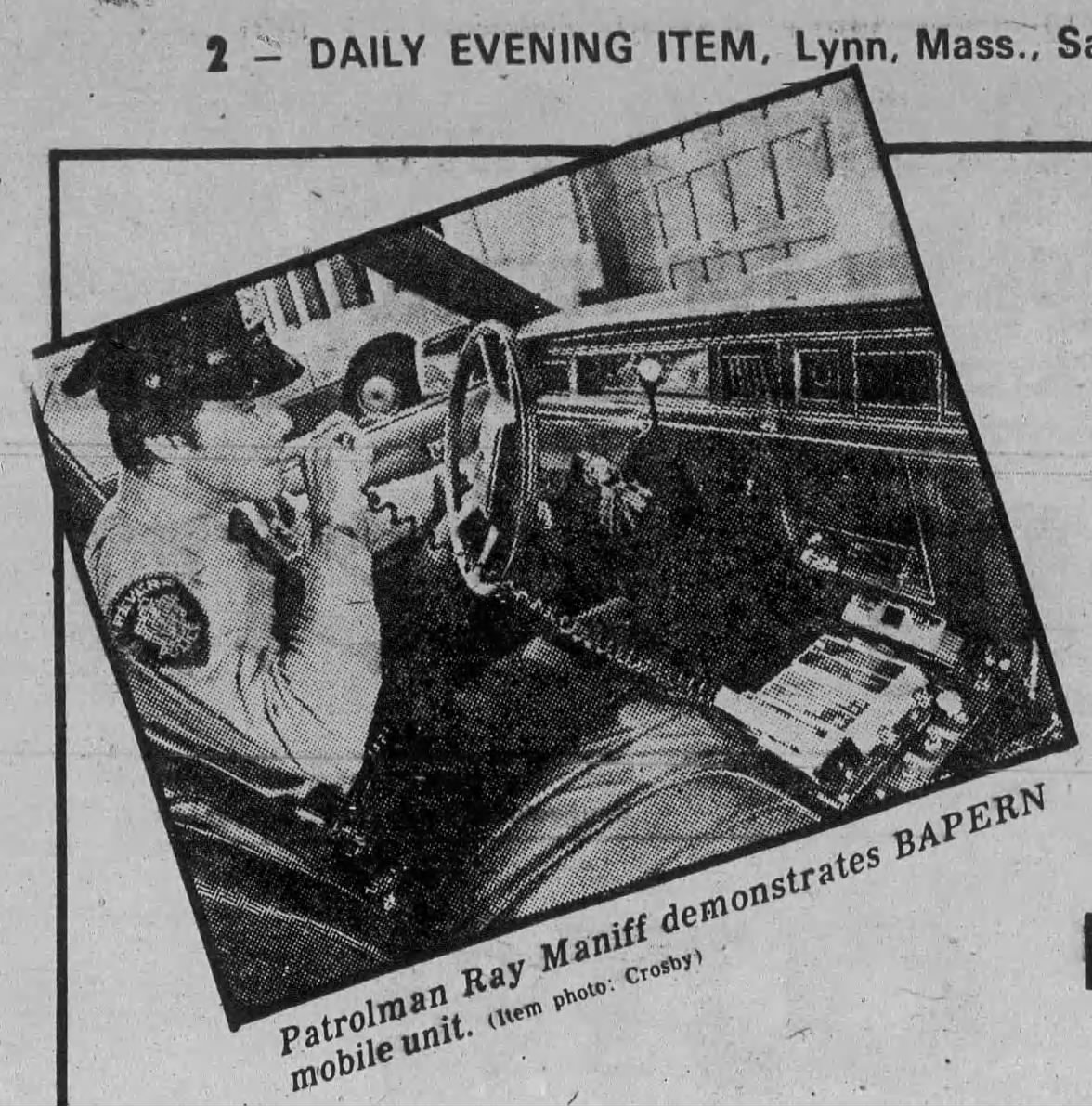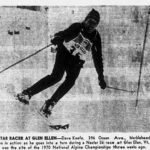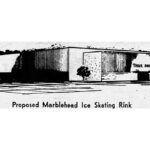Communication is an obviously important part of policing. Imagine you’ve crashed your car and, all of a sudden, you can’t reach the police department. Or, responding officers are trying to radio back to the station, and for some reason, their messages are going unheard.
A frightening scenario, certainly.
While none of those exact scenarios apply to the situation the town’s police department found itself in 35 years ago this week, they’re not far off. Marblehead police, because of their faulty BAPERN (Bay Area Police Emergency Network) system, struggled to connect with other area police departments. So, when a case crossed municipal bounds, Marblehead struggled — because the system kept breaking down.
“There isn’t one thing that you can say, ‘That’s it,'” explained Capt. John McHugh. “It needs a good maintenance.”
Marblehead was having particular trouble with a frequency shared with neighboring Swampscott. McHugh said the town’s repeater, which boosts the signal Marblehead puts out to other communities, isn’t putting out a strong enough signal.
“Part of it could be the atmosphere, the equipment, or the officer using it,” McHugh told The Daily Evening Item at the time. “The equipment is used extensively. It could be the equipment is over-designed. With the new equipment, they’ve corrected some of the problems.”
Even when BAPERN had worked as it was supposed to, it was a source of trouble, The Item reported.
The system was developed in Massachusetts by the Greater Boston Police Council, and began operations in 1978. Attorney Timothy Coogan, former counsel for the council, became the BAPERN coordinator and lobbied for its use in the greater Boston area. Fifty-six community police departments use the equipment, which is manufactured by Motorola.
Three years prior, in 1985, authorities were unable to find $1 million worth of Greater Boston Police Council funds. Coogan, who acted as the purchasing agent since 1980, had apparently diverted the funds to his own accounts.
Many communities that participated, including several on the North Shore, lost thousands.
Coogan and three Illinois men were charged with 15 counts of fraud and tax evasion.
[media-credit id=”4″ align=”none” width=”1200″] [/media-credit]
[/media-credit]




